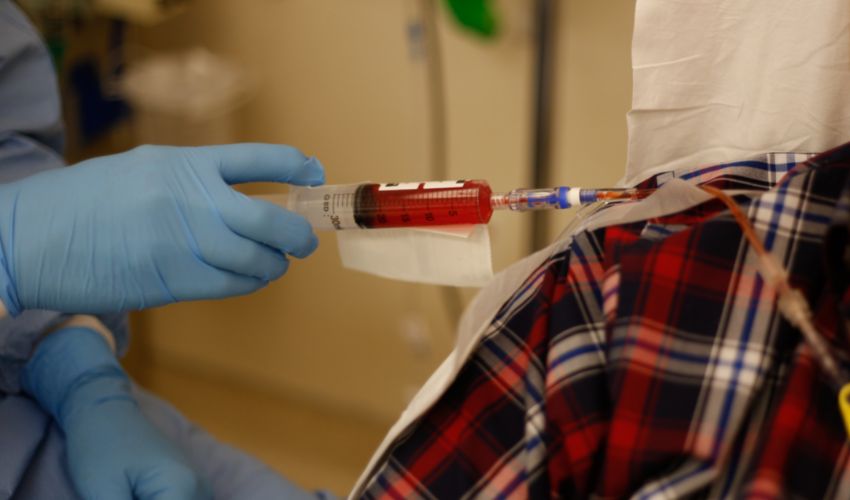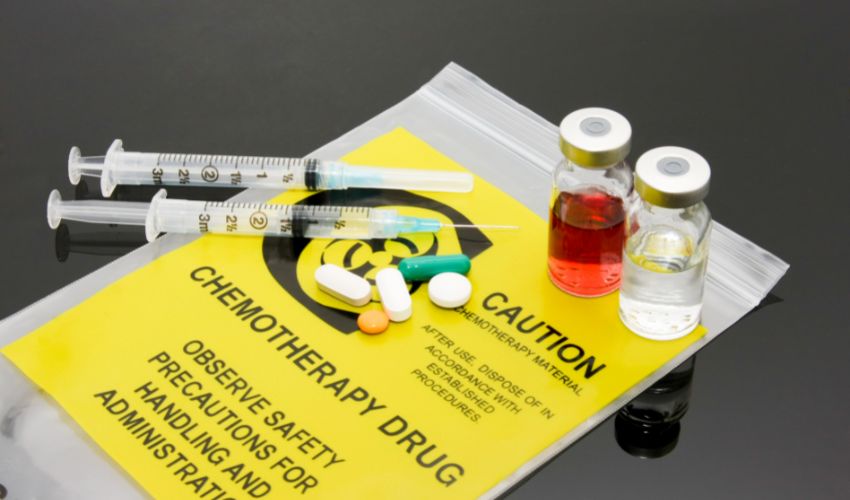Chemotherapy is a widely used cancer treatment that involves the use of powerful drugs to destroy cancer cells. Although it can be an effective treatment option, chemotherapy can also cause a range of side effects. In this article, we’ll explore what chemotherapy is, how it works, and what to expect during treatment.
What is Chemotherapy for Cancer Treatment?
Chemotherapy is a type of cancer treatment that uses drugs to kill cancer cells. These drugs can be given orally or intravenously, and they work by targeting and destroying rapidly dividing cancer cells. Chemotherapy is often used in conjunction with other cancer treatments, such as surgery or radiation therapy.

How Does Chemotherapy Work?
Chemotherapy drugs target rapidly dividing cells, which include cancer cells. The drugs work by damaging the DNA of the cancer cells, which prevents them from dividing and growing. However, chemotherapy drugs can also affect healthy cells in the body, such as those in the bone marrow, hair follicles, and digestive tract. This can lead to side effects such as hair loss, nausea, and fatigue.
What to Expect During Chemotherapy Treatment?
Chemotherapy treatment can vary depending on the type and stage of cancer being treated, as well as the type of chemotherapy drugs being used. Generally, chemotherapy is given in cycles, with a period of treatment followed by a period of rest. During treatment, patients may receive chemotherapy drugs intravenously or orally. Chemotherapy can be administered in an outpatient setting, or patients may need to stay in the hospital for the duration of treatment.
Side Effects of Chemotherapy:
Chemotherapy can cause a range of side effects, which can vary depending on the type and dose of chemotherapy drugs being used. Common side effects of chemotherapy include:
- Nausea and vomiting
- Hair loss
- Fatigue
- Mouth sores
- Loss of appetite
- Diarrhea
- Increased risk of infection
FAQs:
How long does chemotherapy treatment last?
The length of chemotherapy treatment can vary depending on the type and stage of cancer being treated, as well as the chemotherapy drugs being used. Some chemotherapy treatments can last for several months, while others may last only a few weeks.
Is chemotherapy the only cancer treatment option?
No, chemotherapy is not the only cancer treatment option. Other treatment options for cancer include surgery, radiation therapy, targeted therapy, and immunotherapy.
Does chemotherapy always cause hair loss?
No, not all chemotherapy drugs cause hair loss. Hair loss is a common side effect of some chemotherapy drugs, but not all.
Can chemotherapy cure cancer?
In some cases, chemotherapy can cure cancer. However, the effectiveness of chemotherapy as a cancer treatment can vary depending on the type and stage of cancer being treated.
How can I manage chemotherapy side effects?
There are several ways to manage chemotherapy side effects, including taking medication to reduce nausea, eating a balanced diet, and getting plenty of rest.

Conclusion:
Chemotherapy is a crucial part of cancer treatment, but it can also be overwhelming to understand. By understanding what chemotherapy is, how it works, and what to expect during treatment, patients and their families can be better prepared for the journey ahead. Although chemotherapy can cause side effects, there are ways to manage these side effects and improve quality of life during treatment. If you or a loved one is facing cancer treatment, talk to your doctor about your treatment options and what to expect during chemotherapy treatment.






















